Buy Peyote Hash (San Pedro Cactus For Sale)
Buy Peyote Cactus Hash. Peyote Hash and San Pedro cacti are two prominent cacti known for their psychoactive properties, primarily due to the presence of mescaline. These plants have been used for centuries in traditional rituals, particularly among indigenous cultures in Central America, where they are revered for their spiritual significance and hallucinogenic effects.
- Peyote Cactus (Lophophora williamsii): The Peyote cactus is a small, spineless cactus that typically features a distinctive pink flower. It is renowned for containing a high concentration of mescaline, making it one of the most potent psychoactive plants available. Traditionally, Peyote has been consumed in various forms, including as a tea or dried slices, to induce profound spiritual experiences and visions during shamanic rituals. The effects can be intense, often leading to deep introspection and altered perceptions of reality.
-
San Pedro Cactus (Echinopsis pachanoi): In contrast, the San Pedro cactus is larger and grows more robustly than Peyote. It is also rich in mescaline but contains slightly less than Peyote. San Pedro has been utilized in similar spiritual contexts, particularly in the Andes region of South America. Users often prepare the cactus by peeling it and either consuming it directly or making a tea to enhance its psychoactive effects. The experience can be equally powerful, offering vivid hallucinations and emotional insights.
-
Peyote Cactus Buy: For those interested in acquiring these cacti, various online platforms offer both live plants and cuttings. Vendors typically ensure discreet shipping and provide care instructions for new growers. It’s essential to purchase from reputable sources to ensure the quality and authenticity of the cacti. Additionally, while legal regulations surrounding the sale of mescaline cacti vary by region, they are generally permissible in many areas, unlike synthetic mescaline products.
Buy Peyote Cactus-Exploring Different Grams Of Peyote Hash
Buy peyote cactus, scientifically known as Lophophora williamsii, is a small, spineless cactus renowned for its psychoactive properties due to its high mescaline content. Mescaline, a potent psychedelic, is primarily responsible for the visual and mystical experiences associated with peyote consumption. When exploring different grams of peyote hash, it’s essential to understand the dosage and potency variations.
- Dosage and Potency: A common dose of mescaline ranges from 200 to 400 mg, which translates to approximately 6.6 to 13.2 grams of dried peyote buttons, or 66 to 132 grams of fresh cactus. The potency of peyote can vary significantly based on several factors, including the growing conditions, age of the cactus, and the specific part harvested. Typically, dried peyote contains about 3%–6% mescaline, while fresh samples have around 0.4%. This variability makes it challenging to determine precise dosages without prior extraction and analysis of mescaline content.
-
Comparative Analysis with Other Cacti: While peyote is recognized for its high mescaline concentration, other cacti such as San Pedro (Trichocereus pachanoi) and Peruvian torch (Echinopsis peruviana) also contain mescaline but in lower concentrations—approximately 1.5% for San Pedro. This means that users may require larger quantities of these alternatives to achieve similar effects. For instance, a typical dose from San Pedro could involve consuming 13.2 to 26.4 grams of dried material.
-
Cultural and historical context: Peyote has been used for over 5,500 years in various indigenous cultures for spiritual and medicinal purposes. Its slow growth—taking up to a decade to mature—adds a layer of complexity regarding sustainability and conservation efforts as it is classified as a vulnerable species due to overharvesting.
Peyote Cactus Sale-Lophophora williamsii Seedling
Peyote, scientifically known as Lophophora williamsii, is a small, spineless cactus native to the arid regions of Mexico and southwestern Texas. This unique plant is well-known for its psychoactive properties, primarily due to the presence of mescaline, an alkaloid that has been used for thousands of years in various spiritual and medicinal practices by indigenous peoples of North America.
The sale and possession of peyote are heavily regulated. In many jurisdictions, including the United States, it is illegal to sell or possess peyote outside of specific religious contexts. The American Indian Religious Freedom Act of 1978 allows for its use in ceremonial settings, but this exemption does not extend to the general public. As a result, while there is interest in purchasing peyote for personal use or cultivation, potential buyers face significant legal risks.
Cultivation of peyote is particularly challenging due to its slow growth rate; it can take up to 10 years or more to mature enough to produce a usable dose. This slow growth has led to overharvesting in the wild, contributing to its classification as an endangered species in some areas. To mitigate this, some enthusiasts advocate for sustainable practices and cultivation methods that respect the plant’s natural habitat.
For those interested in acquiring peyote legally, it is recommended to connect with local cactus clubs or reputable growers who focus on conservation rather than illegal sales. Online marketplaces may pose risks as they can offer misidentified or improperly grafted plants. Overall, while the allure of peyote remains strong among collectors and spiritual seekers alike, navigating its legal landscape requires caution and respect for indigenous practices.
2 reviews for PEYOTE HASH (LOPHOPHORA WILLIAMSII)
Add a review Cancel reply
Related products
Mescaline Cactus
Mescaline Cactus
Mescaline Cactus
Mescaline Cactus
Mescaline Cactus
Mescaline Cactus
Mescaline Cactus
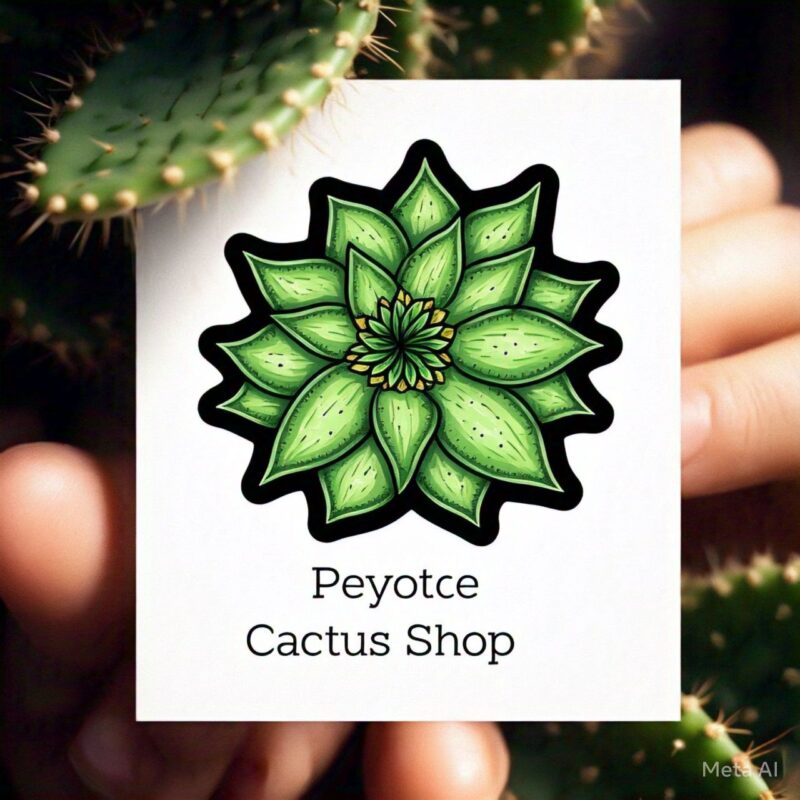
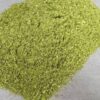
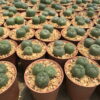
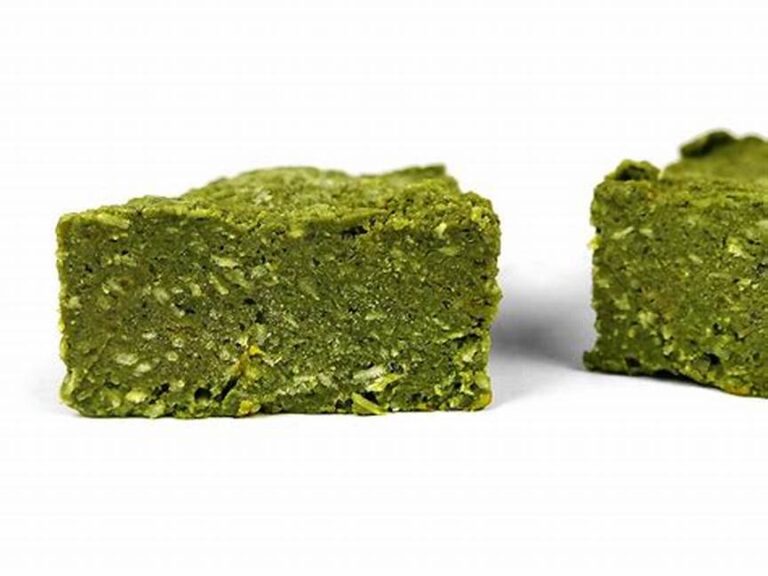
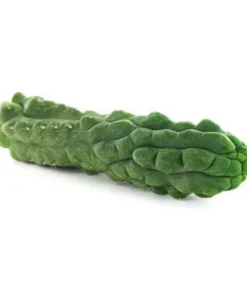
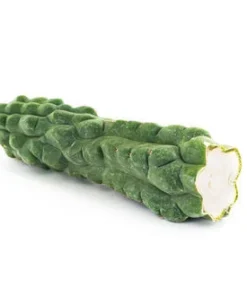
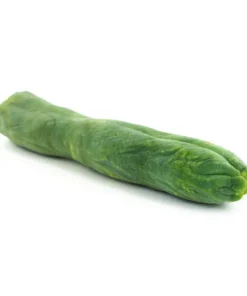
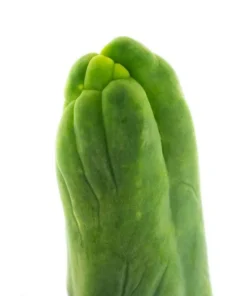
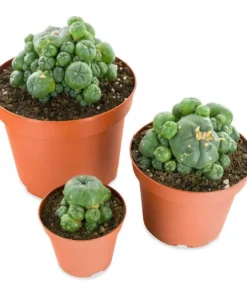
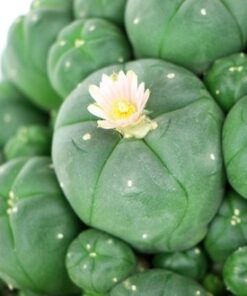
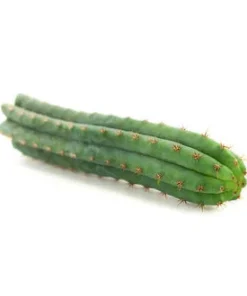
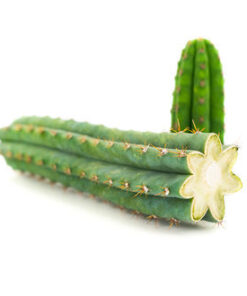
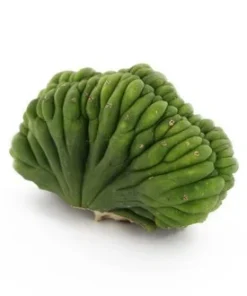
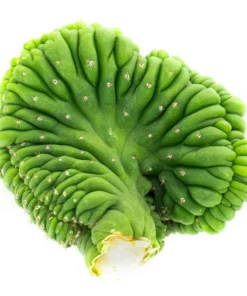
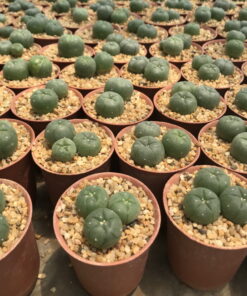
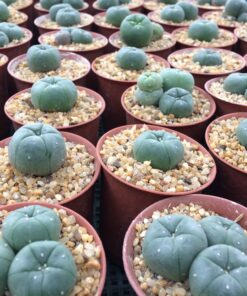
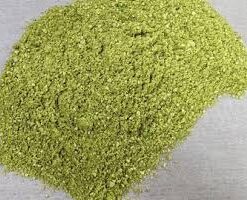
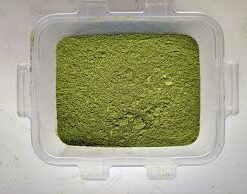
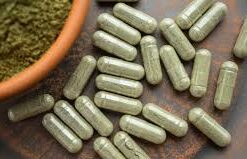
ph799appdownloadapk –
Interesting analysis! The cultural aspect of platforms like PH799 is often overlooked. It’s not just about the games, but the community & access. Check out ph799 app download apk casino for a localized iGaming experience – seamless access is key, as their app shows!
ph 799 –
Reading about game strategy really highlights how crucial a secure platform is. A smooth onboarding process, like at ph 799, lets you focus on the play – essential for any serious player. Rapid transactions are a big plus too!